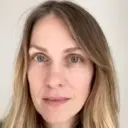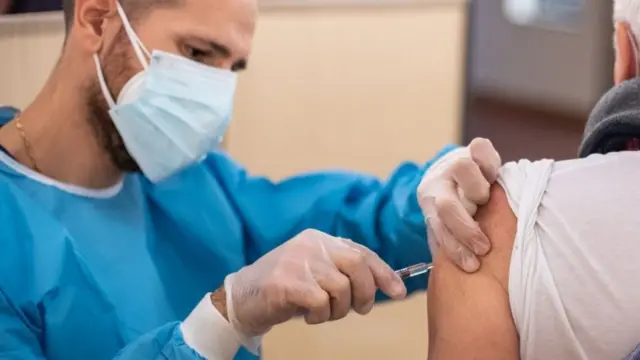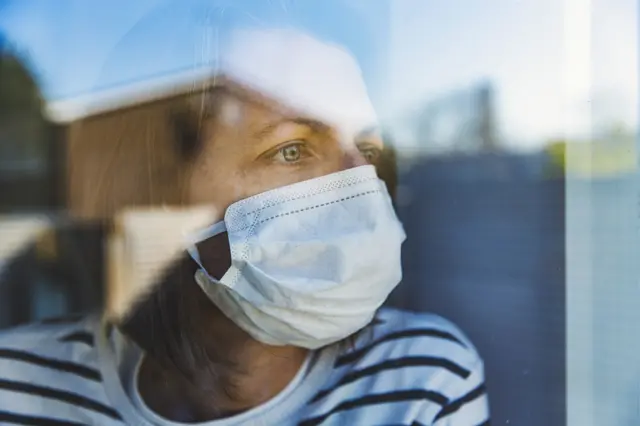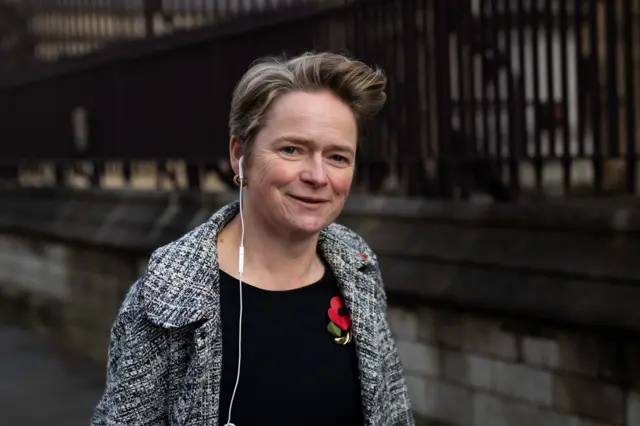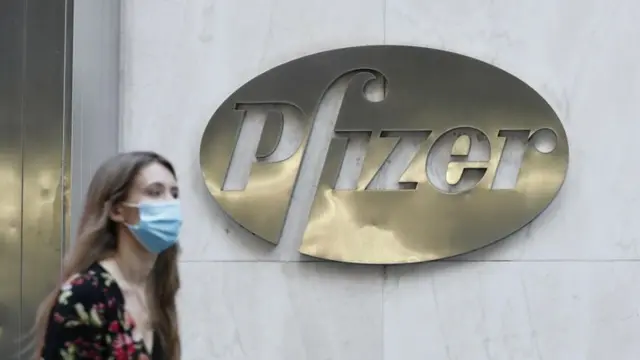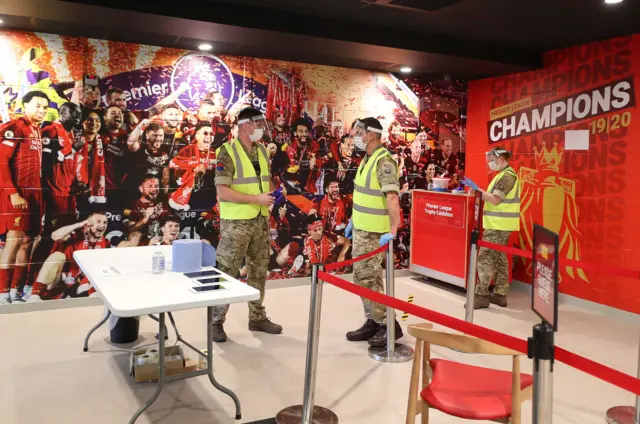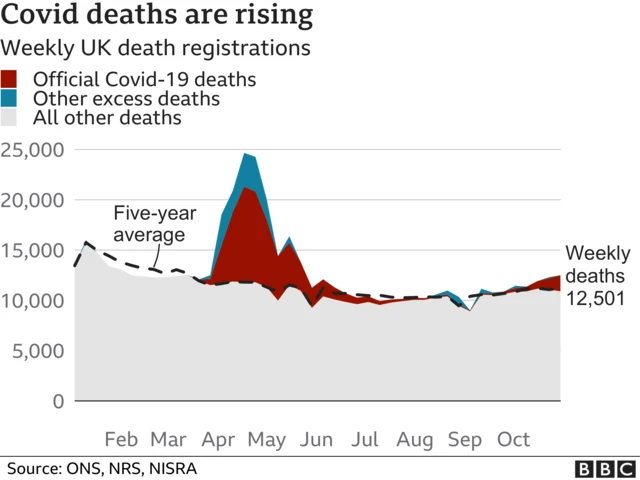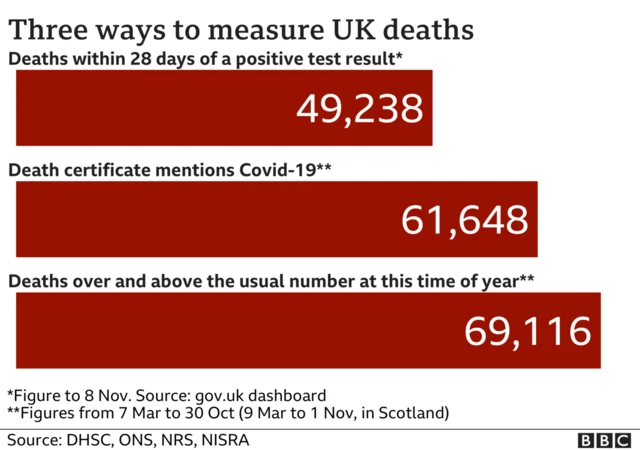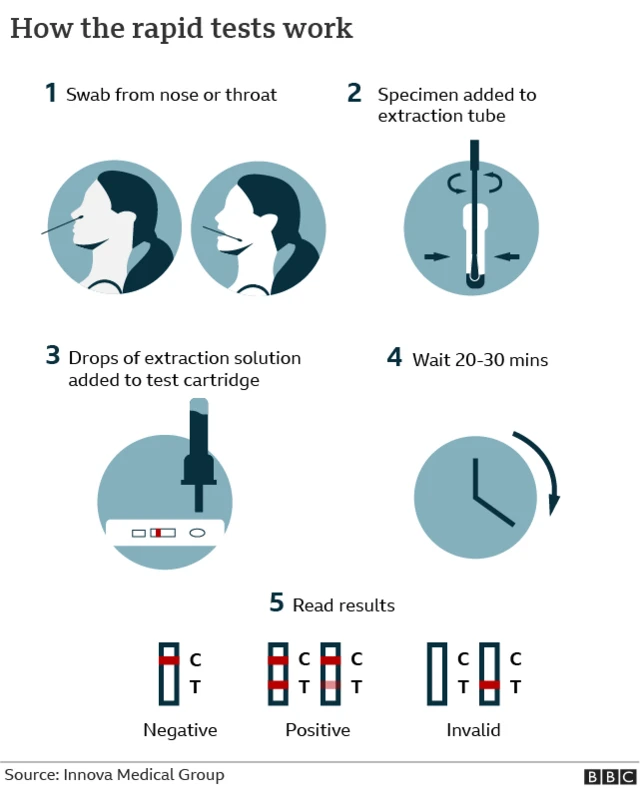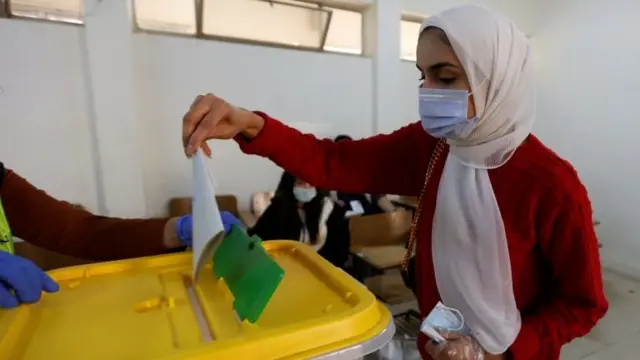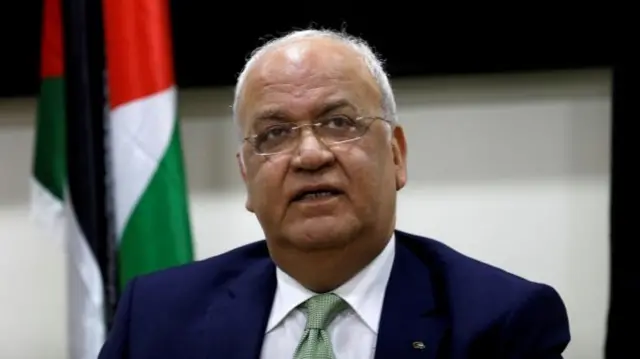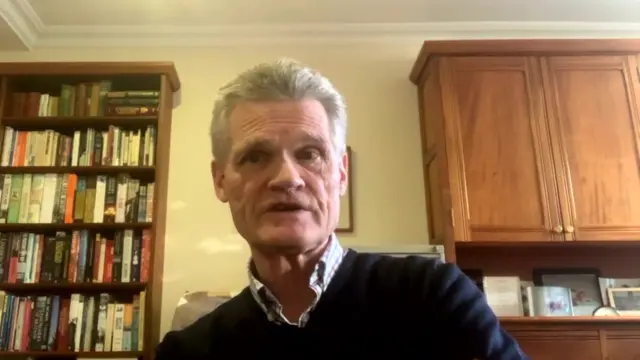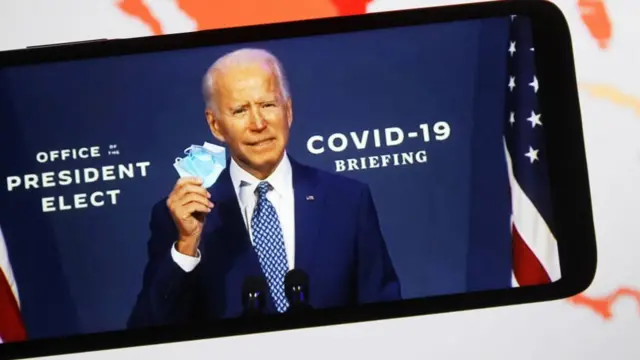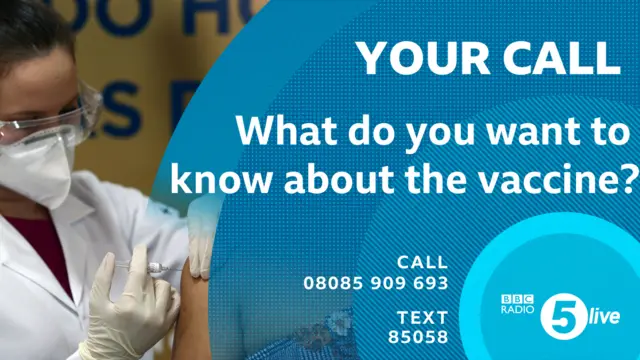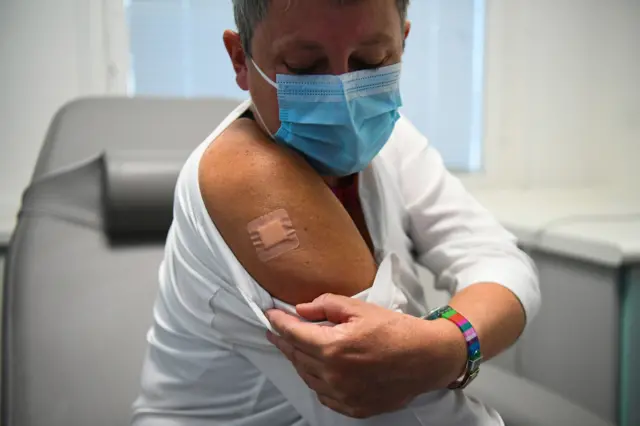Student mass virus testing 'to begin on 30 November'published at 12:15 GMT 10 November 2020
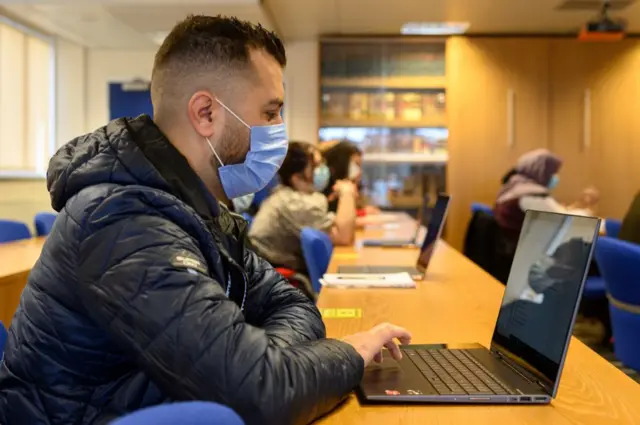 Image source, Getty Images
Image source, Getty ImagesAbout 1.2 million students are expected to travel around the country as they return home at the end of term
Rapid Covid testing of students in England, so they can return home safely for the Christmas holidays, could begin on 30 November, according to a letter from the universities minister.
It proposes a week of mass testing that overlaps with the end of lockdown, with the testing finishing by 6 December.
The letter, seen by the BBC, promises the tests can deliver "results within an hour" - but it acknowledges that they do not catch all positive cases.
The aim is to prevent the 1.2 million students expected to travel back home for Christmas from spreading the virus around the country.
